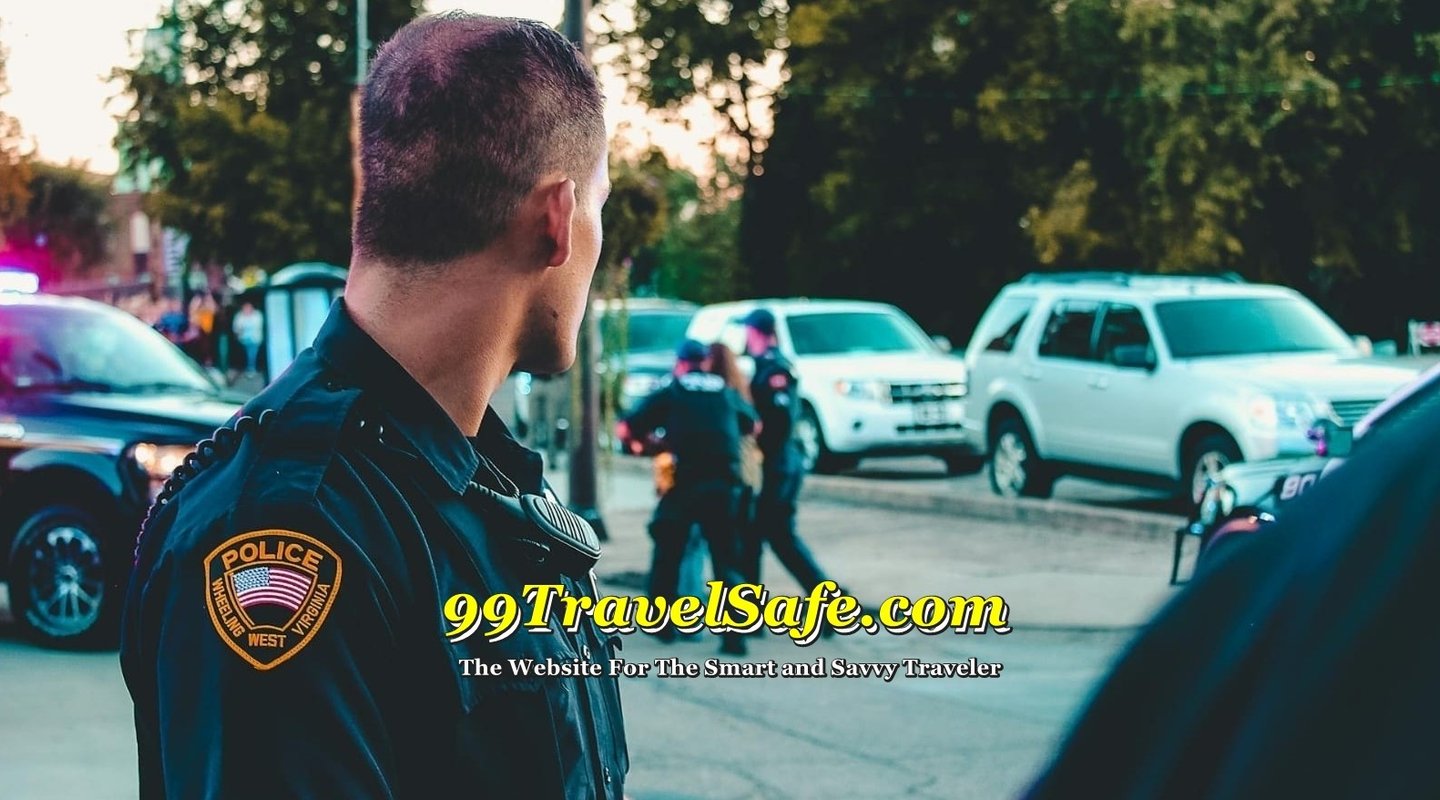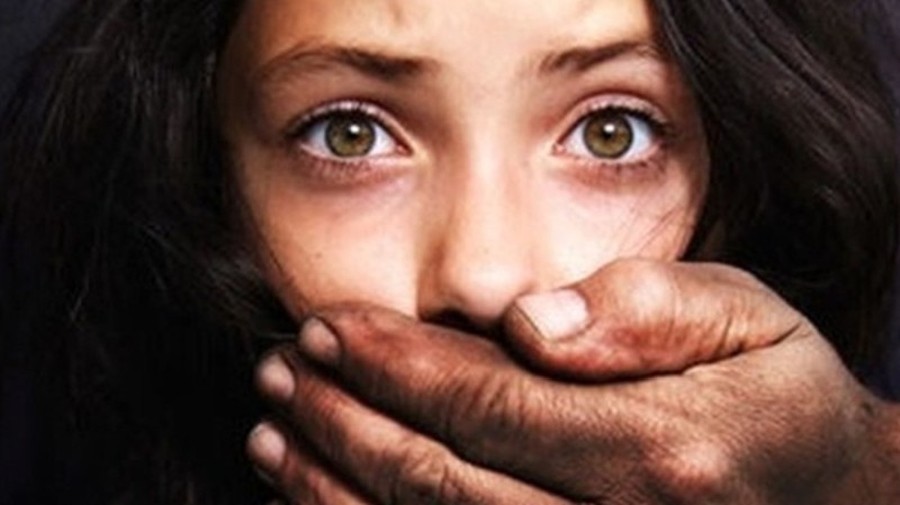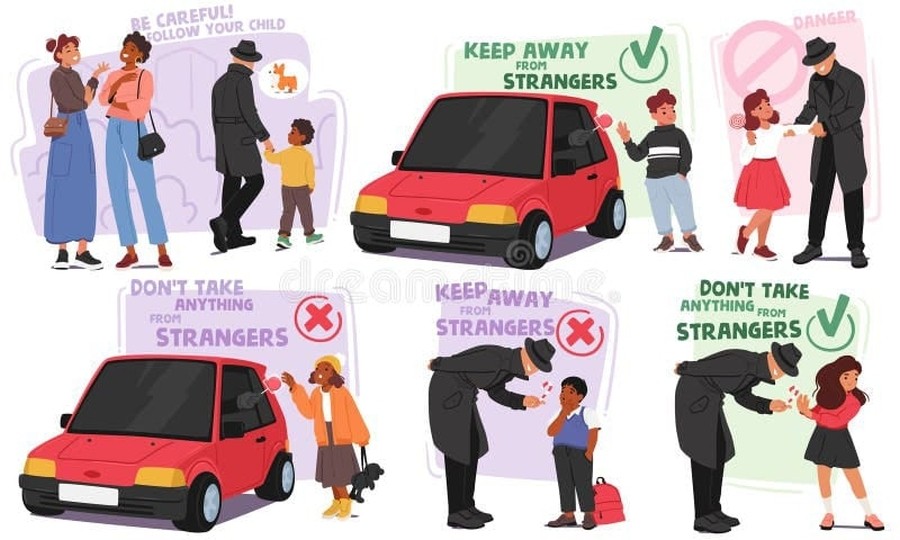

99TravelSafe.com
The Website For The Smart and Savvy Traveler
31 – Avoiding Getting Kidnapped While Traveling!


Related Pages - Please Also See;
33 – In Case of Theft and Loss During Travel
34 – Ensuring Money or Cash Safety During Travel
35 – Ensuring Credit Card Safety During Travel
14 - Precautions While Walking On The Streets During Travel
Safety Tips for Business Travelers
Travel Safety for Senior Citizens


Avoiding Getting Kidnapped While Traveling!
RESEARCH your destination to find out if the local situation poses an increased risk of being kidnapped
The risk of kidnapping can be higher if you go to a location where:
--there is conflict such as a war, violent demonstrations or violent local disputes
--terrorists and militant groups are present
--crime rates are high and foreigners are seen as wealthy and easy targets
Avoid travel to destinations where there is an elevated risk of kidnapping. If you are still planning to travel to a destination where there is a risk of kidnapping, you should manage your social media accounts by:
--turning on their privacy settings
--not posting public messages during your trip
--removing photos, comments or other material from your social media accounts and electronic devices that local groups ould consider controversial or provocative
--you may be targeted if you are seen as an enemy of a cause
Avoid situations that could put you at risk, such as:
--displaying wealth, such as jewellery and expensive clothing
--accepting offers of romantic or business opportunities from people you meet online
Keep contact with a person or persons you trust who will:
--have access to a detailed itinerary of your travel plans
--plan to have regularly scheduled check-ups with you and, if needed, track your location through your electronic devices or SIM card
--be the point of contact if you are taken hostage or detained
--agree on specific questions that only you can answer
--have access to important documents
--have login details to access online information to manage your personal affairs should you be unable
Talk to a professional security organization, your host organization or employer about:
--a thorough security risk assessment
--having personal security measures in place when you arrive




More Tips on Avoiding Getting Kidnapped While Traveling!
If from a wealthier country, you may be targeted for kidnapping. Those who perpetrate these crimes are either promoting a political agenda and/or seeking to gain a financial or political dividend. Travelers are highly advised to be aware of whether there is a history or risk (known threats, targeting) of kidnappings in places they intend to travel and take necessary precautions. Because hostage situations vary greatly, the following considerations should be applied based on one’s best judgment at the time
Your Government may not pay ransom to kidnappers
The greatest risk of physical harm exists at the point of capture and during a rescue attempt or upon release!
Remain calm and alert, exert control on emotions and behavior
Be passively cooperative, but maintain your dignity!
Assume an inconspicuous posture and avoid direct eye contact with captors




Some More Tips on Avoiding Getting Kidnapped While Traveling!
Avoid resistance, belligerence or threatening movements
Make reasonable, low-key requests for personal comforts (bathroom breaks, a blanket, exercise, books to read, etc.)
If you are questioned, keep your answers short
Volunteer nothing!
As a captive situation draws out, try to establish some understanding with your captors
Avoid discussing contentious issues (politics, religion, ethnicity, etc.)
Establish a daily regimen to maintain yourself physically and mentally
Eat what your captors provide. Consume little food and drink. Avoid alcohol
Keep a positive, hopeful attitude
Attempt to escape only after weighing the risks and when you are certain to succeed!




Avoiding Getting Kidnapped While Traveling - A Summary!
To protect yourself from kidnapping, stay vigilant by being aware of your surroundings and avoiding distractions like cell phones. Travel in groups, especially at night, use the buddy system, and vary your daily routes to remain unpredictable. Secure your home and car, inform a trusted person about your plans, and if confronted by an attacker, resist and scream to attract attention
Be Aware of Your Surroundings
Stay Alert:
Pay attention to people around you and avoid wearing headphones that block your hearing
Trust Your Instincts:
If you sense something is wrong, get to a safe place or leave the area immediately
Know Your Environment:
Research your destination, be familiar with the risks, and have an exit plan
Vary Your Routine
Change Your Routes:
Alter your daily travel paths to work, school, or home to prevent criminals from predicting your movements.
Avoid Predictable Patterns:
Don't create routines that make you an easy target
Use the Buddy System and Stay in Public
Travel in Groups:
Go out with friends or family to reduce the risk of attack
Stay in Well-Lit Areas:
Avoid isolated locations and stick to populated, well-lit public areas
Secure Your Personal Information and Property
Use locks, alarms, and security systems to make your home safer
Keep doors locked at all times, especially when driving in unfamiliar or high-risk areas
Avoid giving personal details to strangers online, as criminals can find and use this information
Communicate and Have a Contingency Plan
Tell Someone About Your Plans:
Inform a trusted friend or family member about your destination and when you expect to arrive
Have a Contingency Plan:
Think about what you would do in different dangerous situations
If Confronted....
Resist and Attract Attention:
Make noise, scream, and fight back to draw attention
Don't Go With Strangers:
If someone tries to force you into a car or a building, run away or resist
Prioritize Your Safety:
If confronted by armed criminals, it is best to cooperate; resistance can make the situation worse


